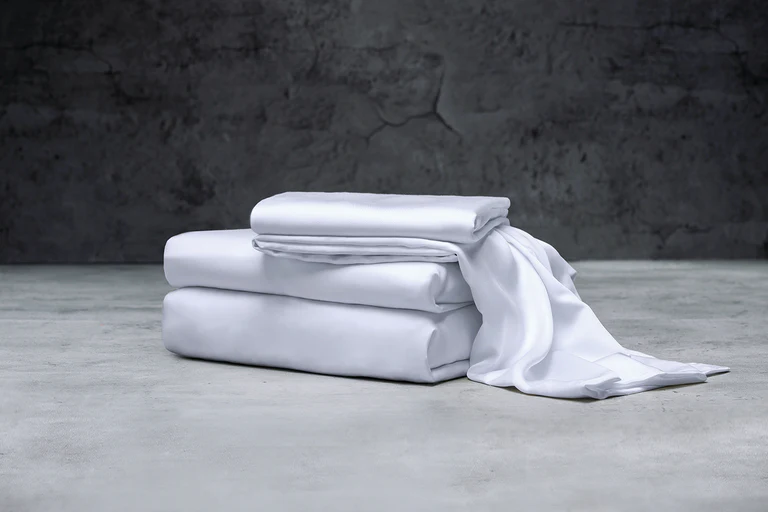There are significant differences between Lyocell fiber and viscose fiber in several aspects.
Firstly, in terms of raw materials and sources, Lyocell fiber is a man-made cellulose fiber made from natural plant fibers, which is regarded as the most valuable product in the history of man-made fibers in the past half century. On the other hand, viscose fiber is a type of man-made fiber, mainly made from chemical pulp, including cotton pulp and wood pulp, through chemical reactions to regenerate natural cellulose.
Secondly, regarding the production process and environmental friendliness, the production of Lyocell fiber involves no chemical reactions, and the solvent used is non-toxic with a recovery rate of up to 99.7%. This makes it energy-saving, environmentally friendly, and sustainable. In contrast, the production of viscose fiber releases harmful gases such as carbon disulfide and hydrogen sulfide, causing pollution to the environment. Therefore, it has gradually been phased out in developed countries.
Lastly, in terms of fiber characteristics and applications, Lyocell fiber combines the excellent properties of both natural fibers and synthetic fibers. It has high dry and wet strength, unique fibrillation properties, and good spinnability. Clothing made from Lyocell fiber not only has a natural luster, smooth feel, and high strength, but also exhibits excellent moisture permeability and breathability. On the other hand, viscose fiber is known for its good moisture absorption, ease of dyeing, and resistance to static electricity, making it widely used in various textiles and clothing applications.
In summary, there are clear differences between Lyocell fiber and viscose fiber in terms of raw materials, production processes, environmental friendliness, fiber characteristics, and applications. When selecting fiber materials, it is essential to consider specific needs and scenarios.
